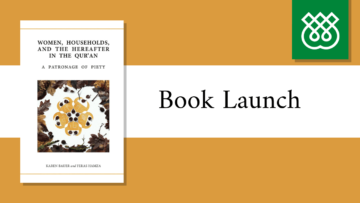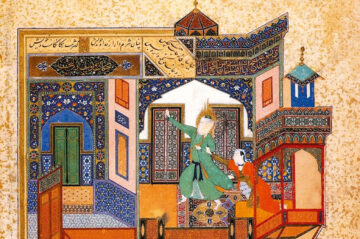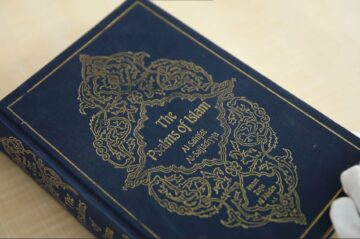One response to that state of affairs was the rise of the phenomenon of ‘Islamisation’ of laws in some Muslim countries in the 1970s, notably in the fields of personal and commercial laws. The trend has since taken more complex forms, often stirred with economic and cultural as well as political nationalism. As a result, the positive laws of such countries or their interpretation have at times come into conflict with western legal norms and those of international conventions designed to protect the human rights of the individual.
ADR today offers the prospect of revisiting some of the essential principles that underlie Muslim teachings and jurisprudence on the protection of religion (din), personhood (nafs), offspring (nasl), property (maal) and reason (‘aql). Thus tradition can serve not as an oppositional force but a resource in bridging the needs of contemporary legal systems and notions of justice, as expressed in the plurality of customs and values of the Muslim communities.
Q2. The abstract for the lecture indicates that the advent of colonialism led to a rupture in the legal traditions in Muslim societies. Could you elaborate on that?
Q3. What were the basic differences between the traditional legal systems and the modern European legal systems that came through the colonisation process?
Q4. What, in your view, are some of the limits of the present civil justice system to which ADR responds?
Q5. In one of your presentations, you have called the mediator a ‘humanising agent’. Can you please explain what is meant by this term and how you see it to be an antidote in today’s culture of litigation?
Q6. In some contexts, such as the jirga in certain tribal areas, the ADR systems have made decisions that our modern ethical sensibilities find hard to accept. How do your suggestions for ADR take account of such cases?






